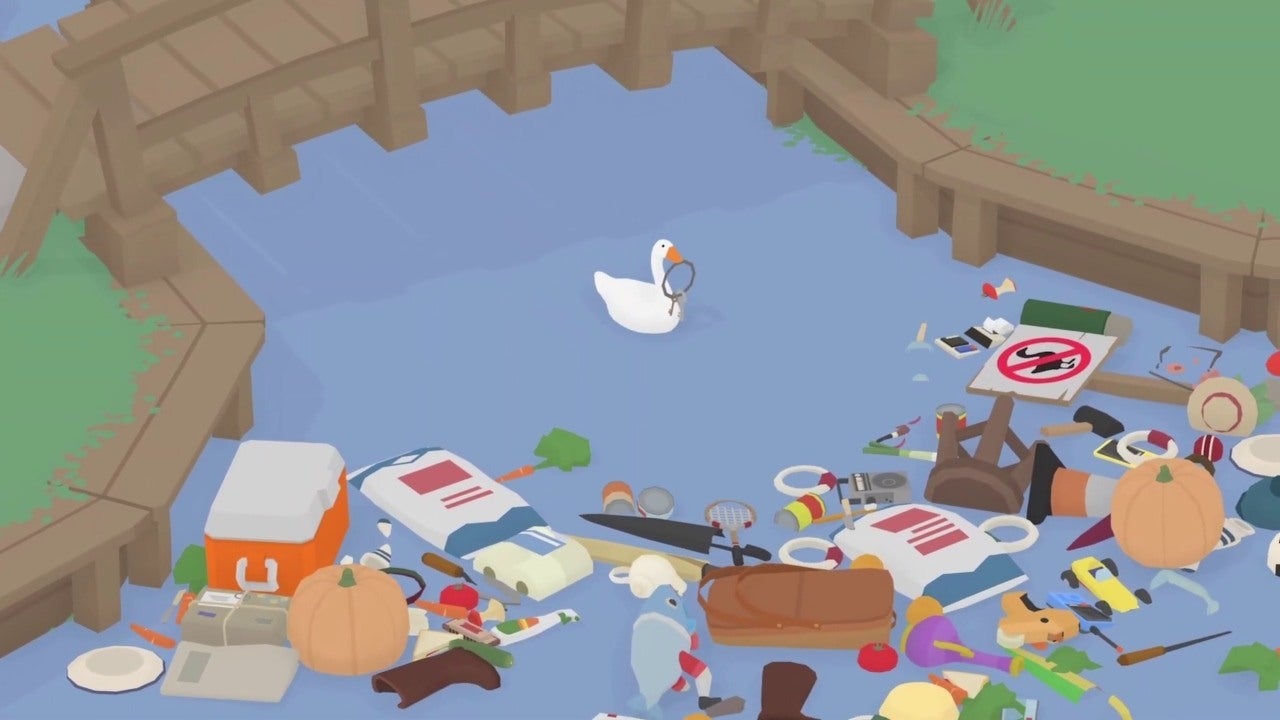Trending
Opinion: How will Project 2025 impact game developers?
The Heritage Foundation's manifesto for the possible next administration could do great harm to many, including large portions of the game development community.

Australia's National Film & Sound Archive recently conducted a survey on international game preservation. The results show how dire the efforts to preserve games are worldwide and how they will hit local industry the hardest.
In the NFSA's survey (conducted in 2023), respondents cited key roadblocks such as legal and technical access, a lack of dedicated staffing, and funds. Its summary further notes most groups treat preservation as part of a larger operation rather than a key focus.
Like last year's survey from the Video Game History Foundation, the NFSA said the industry is facing a "significant loss of heritage," particularly as it pertains to the Australian game industry.
Its website reveals over 96 percent of classic Australian games are "critically endangered," substantially worse than the US's 87 percent of pre-2010 games. And while the US has support from the Library of Congress, preservation is not a priority for every country.
Even more recent games are said to be at risk, as organizations have them saved as digital titles rather than physical releases, of which they're "almost twice as likely to have."
One respondent candidly said the industry needs to prioritize preservation over playability and "make choices about how 'original' to keep artifacts."
"Collecting and preserving [games] is a still-developing field growing beyond today’s institutions," said NFSA CEO Patrick McIntyre. Citing the loss of pre-1929 films, he said the survey proves games need an international preservation effort to avoid a similar outcome."
Those surveyed noted collaboration networks like the Software Preservation Network and the Digital Preservation Coalition. But more structured interational partnerships are needed, as are "standardized cataloging systems."
The NFSA's full findings on the country's game preservation issues can be read here.
Read more about:
CultureYou May Also Like